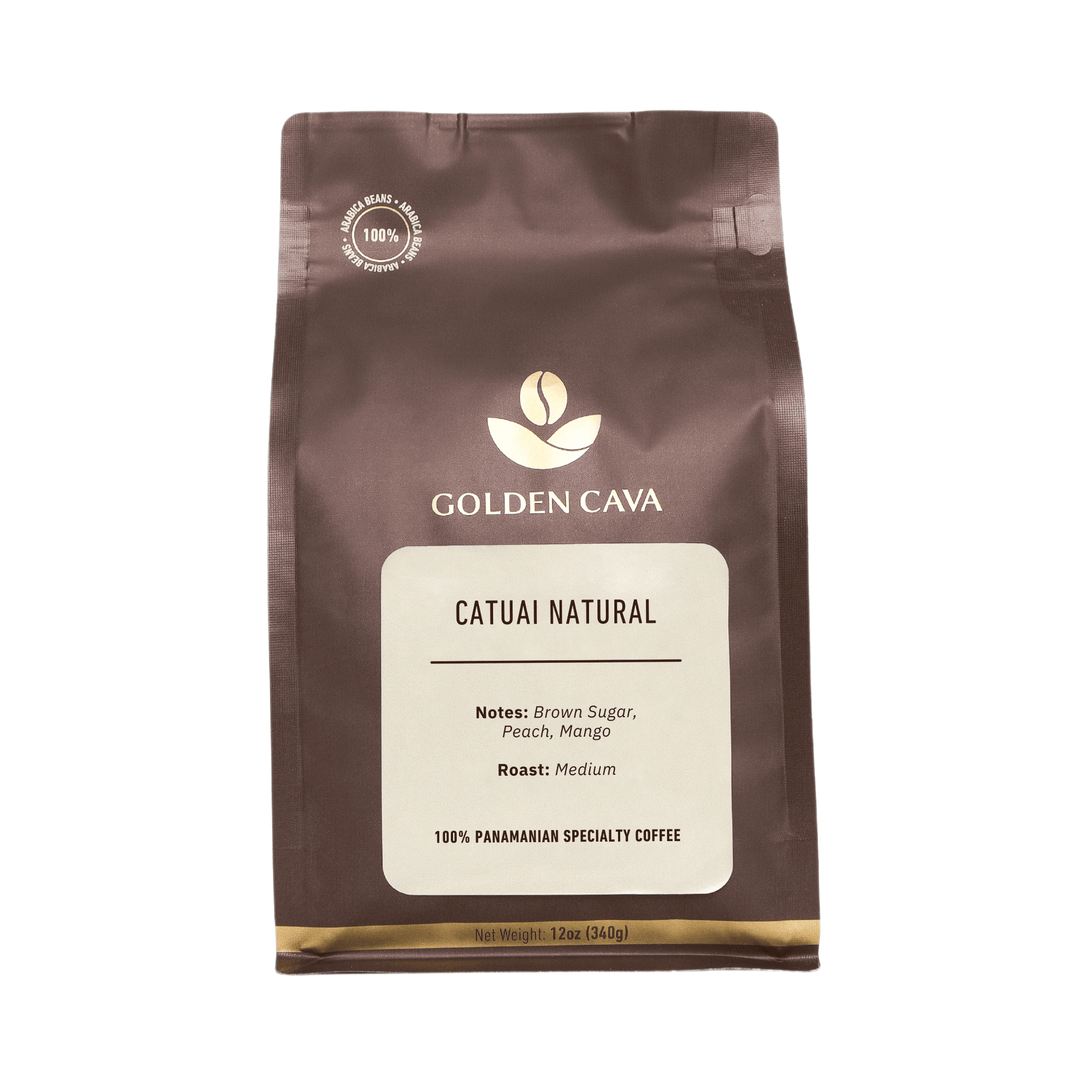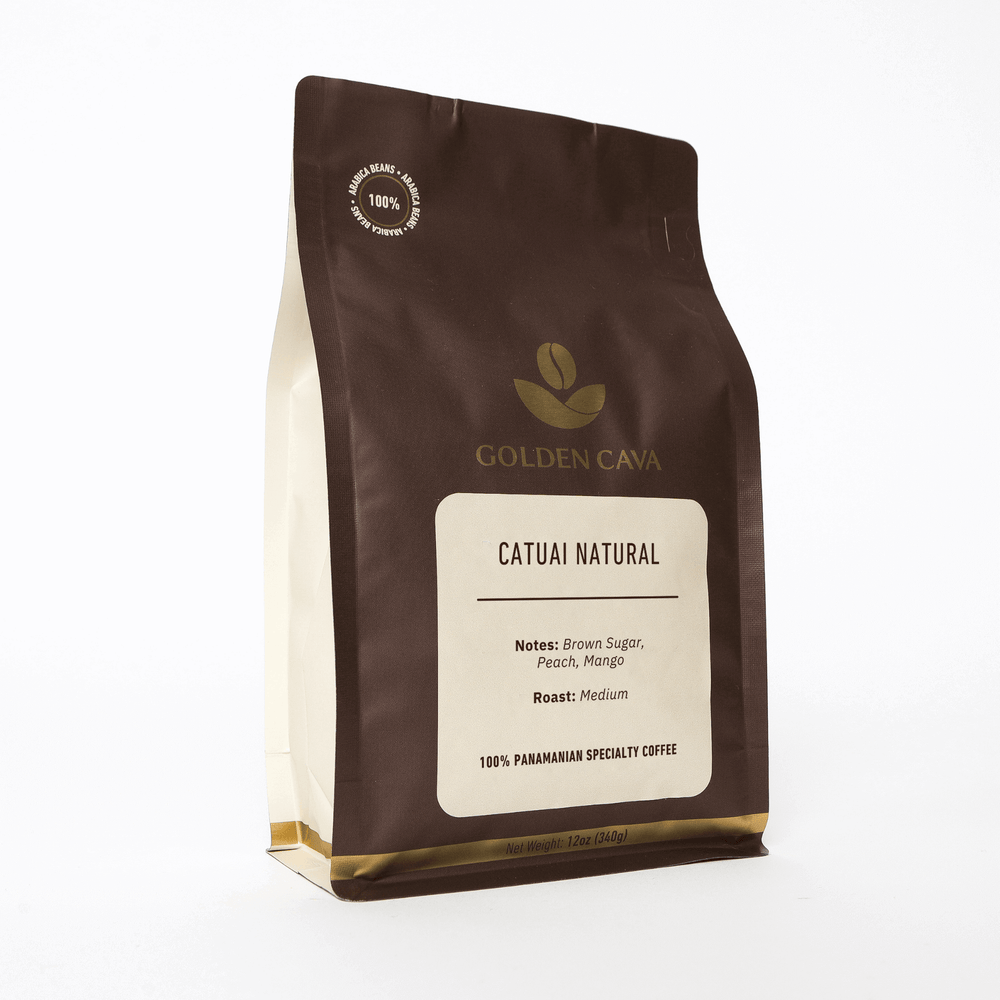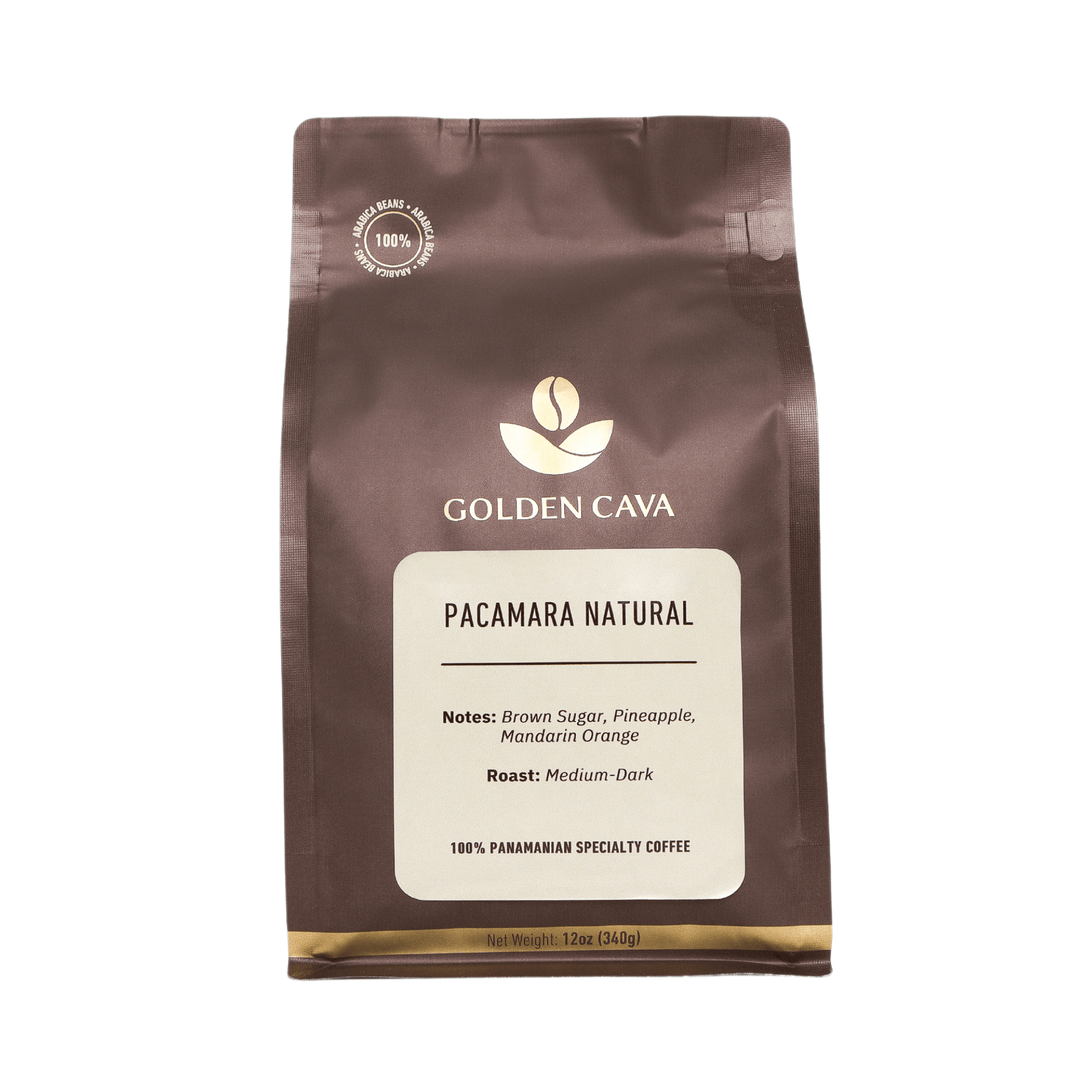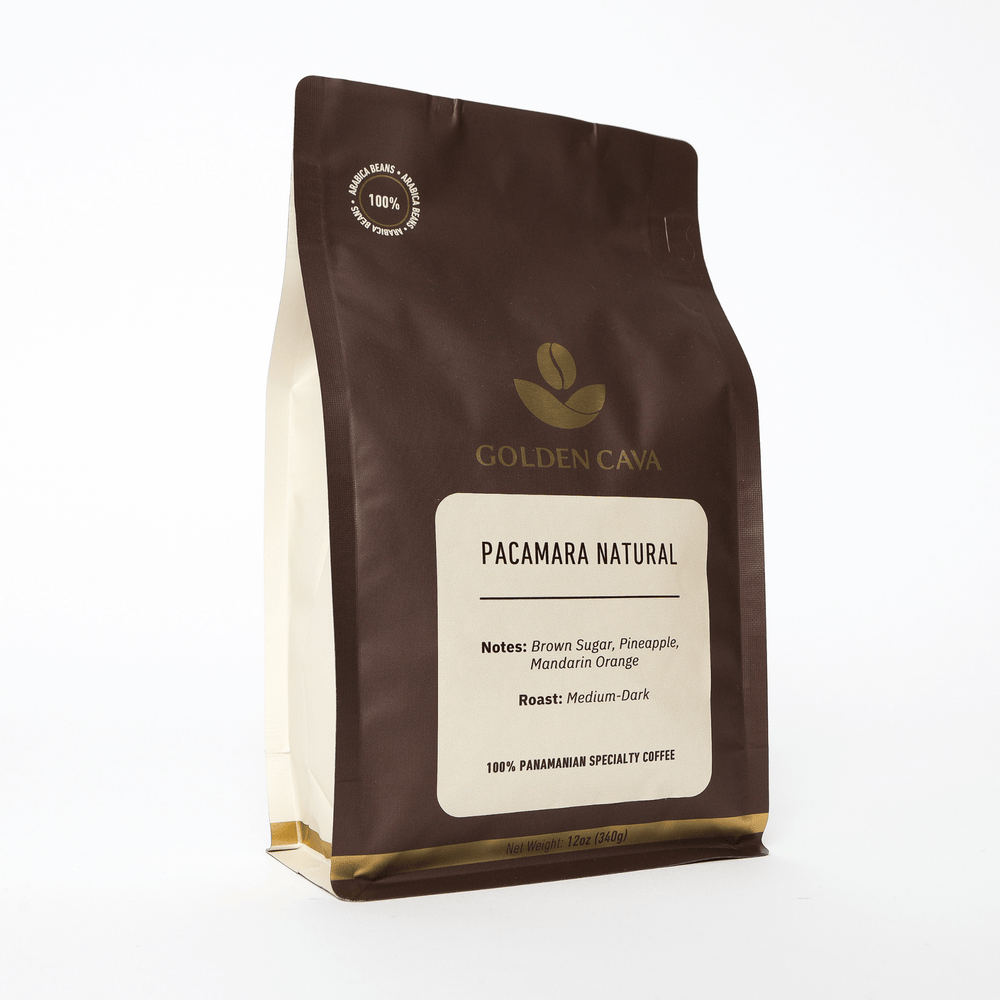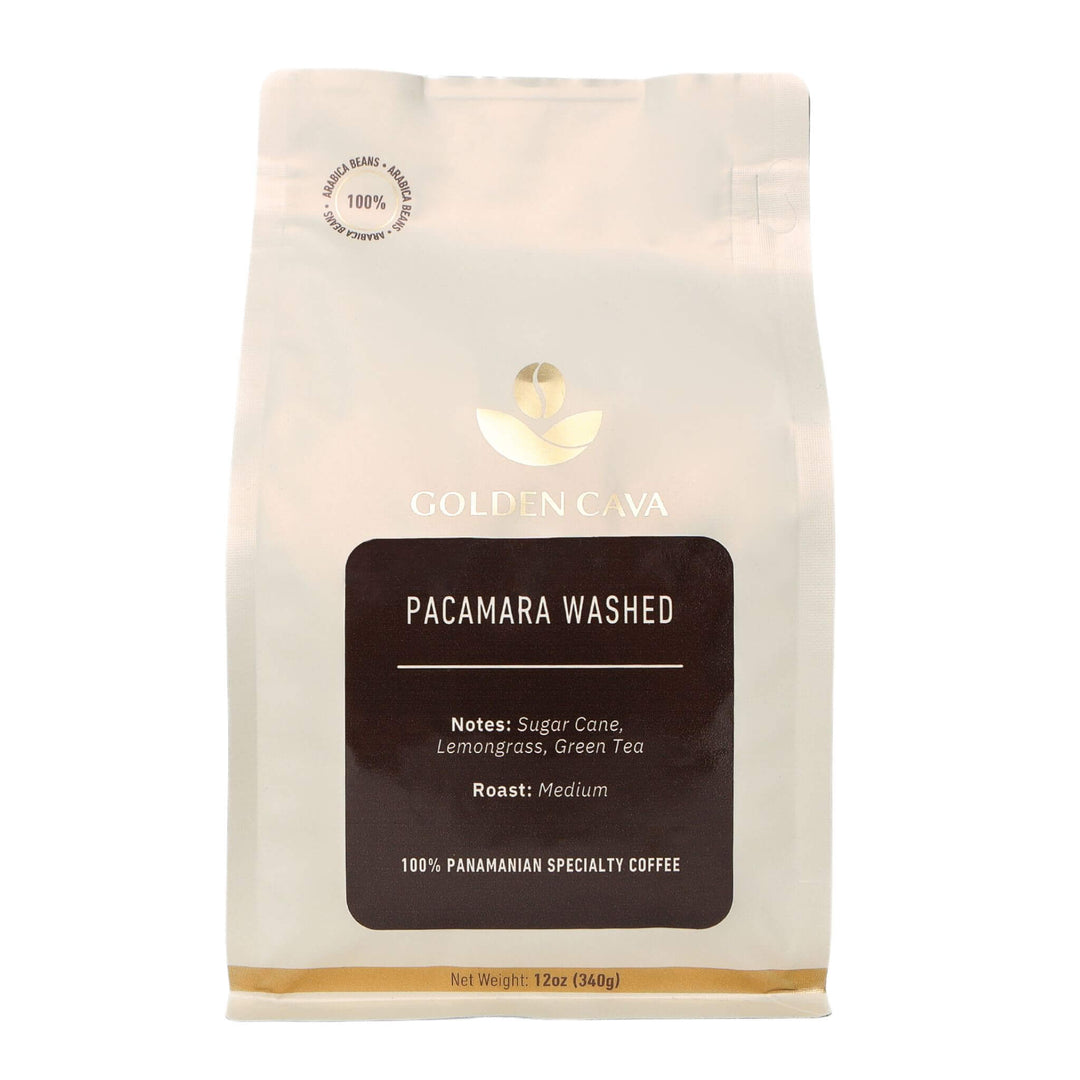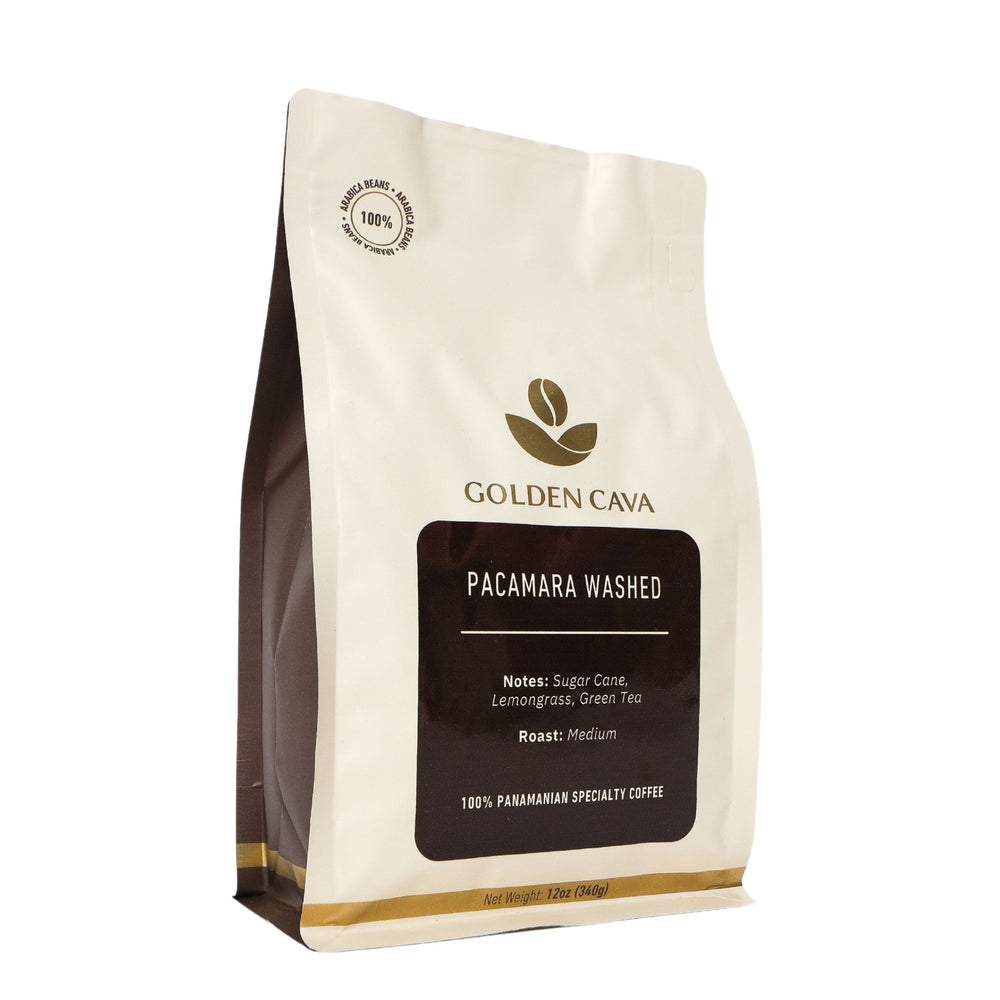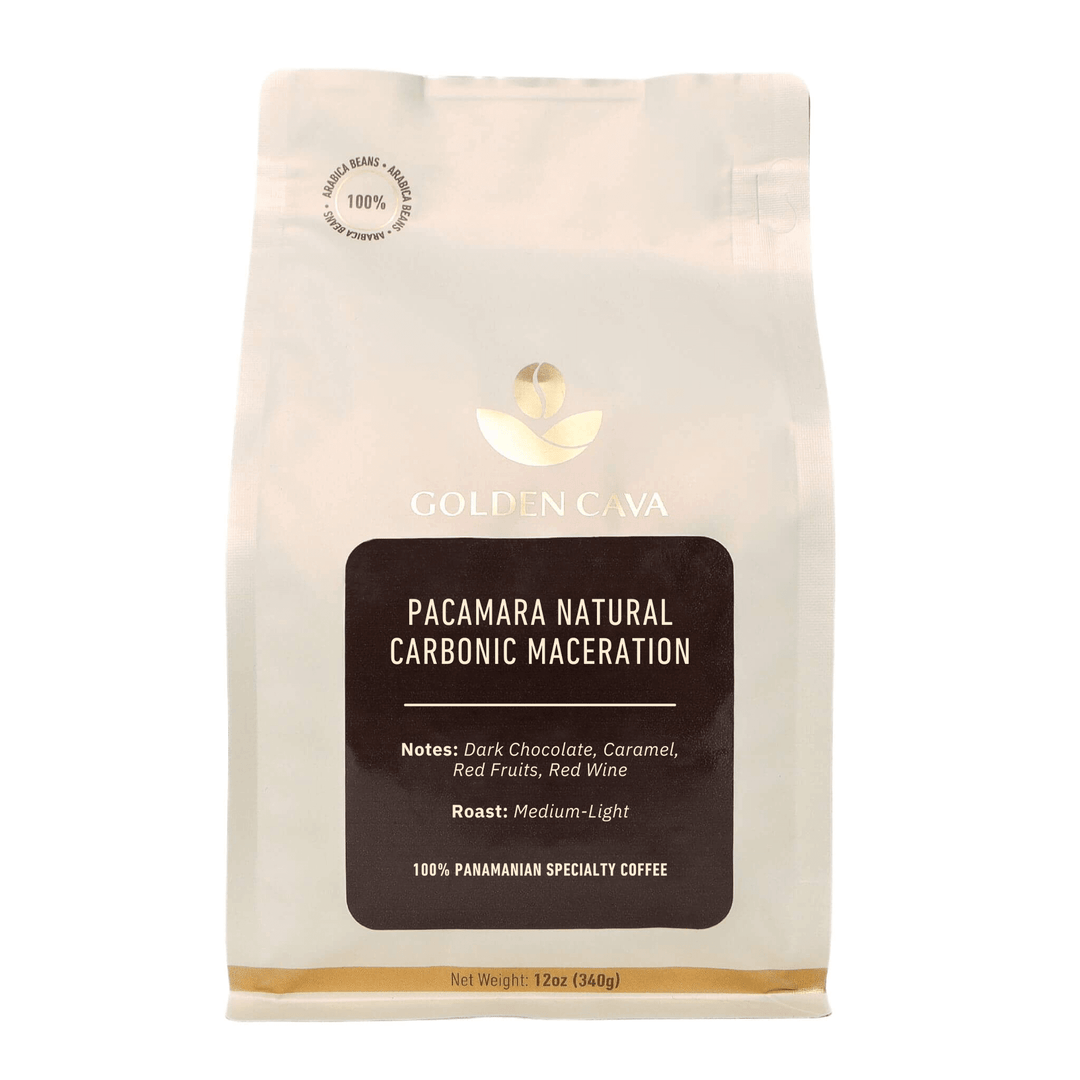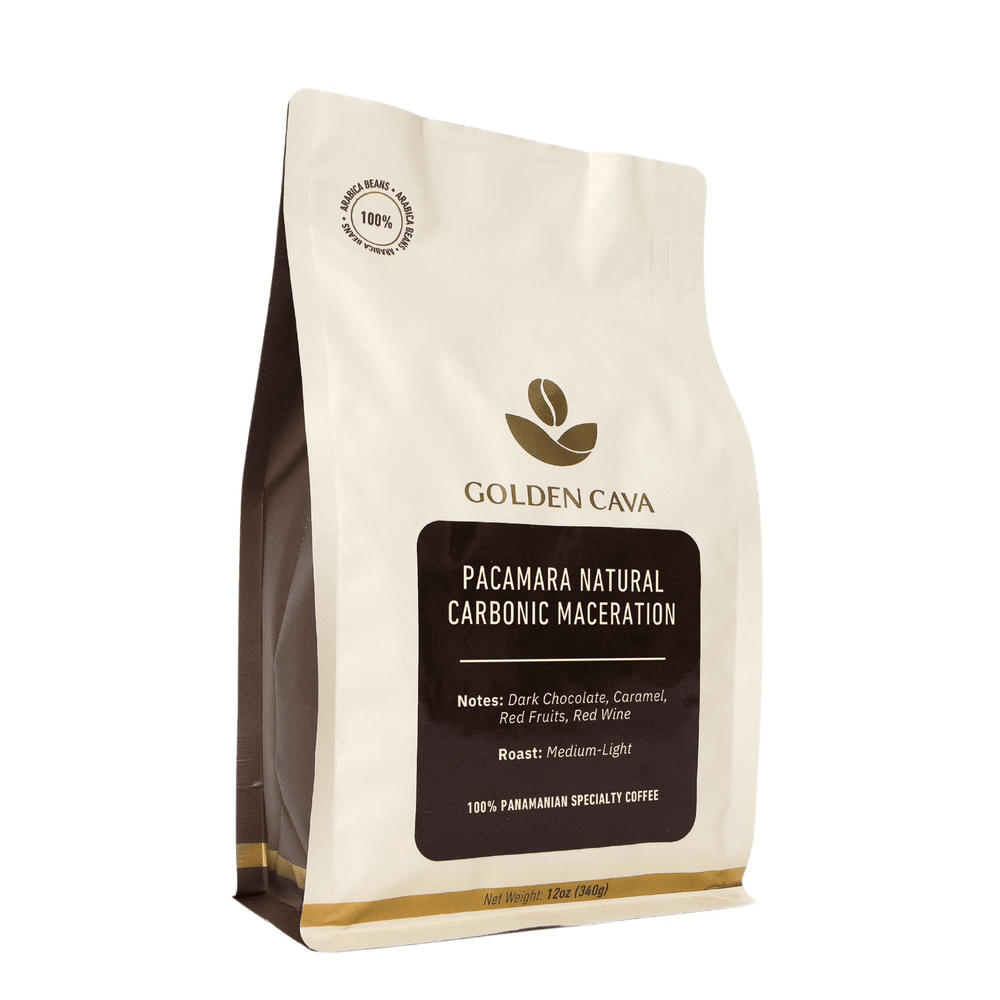What is Cascara? Discovering its Health Benefits and Taste
If you've ever pondered the intriguing question, "What is cascara?" This comprehensive guide aims to provide you with a deep understanding of this unique coffee byproduct. Cascara, derived from the dried husks of coffee cherries, is gaining popularity among both coffee enthusiasts and health-conscious individuals for its intriguing taste and potential health benefits.
Throughout this article, we will delve into the multifaceted world of cascara, exploring not only its origins and production but also its unique flavor profile that offers a delightful departure from traditional coffee.
Furthermore, we will examine the potential health advantages of cascara.
As we progress, we'll uncover the various methods of brewing cascara, ensuring you have the knowledge to craft the perfect cup at home. And, for those eager to explore cascara, we'll provide valuable tips for purchasing high-quality cascara products.
Table Of Contents:
- What is Cascara?
- The Coffee Cherry: More Than Just Beans
- Health Benefits of Cascara
- Taste Profile of Cascara
- Brewing Methods for Cascara
- Caffeine Content in Cascara
- Tips for Buying Cascara
- Frequently Asked Questions What is Cascara
- Who Says Healthy Can't be Delicious?
What is Cascara?
Cascara, also known as coffee cherry tea or qishr, is the dried husk of the coffee cherry - the fruit that grows around the coffee bean. This often-overlooked byproduct of coffee production has recently gained popularity among coffee lovers and travelers for its unique flavor profile and potential health benefits.
The Coffee Cherry: More Than Just Beans
In traditional coffee production, only the beans are harvested while their surrounding cherries are discarded or used as compost. However, these cherries offer much more than protecting our beloved beans. When properly processed and dried, they can be brewed into a delicious beverage with flavors reminiscent of tart cherry, raisin, and hibiscus.
- Tart Cherry: The most prominent flavor note in cascara comes from its natural tartness, which resembles ripe cherries.
- Raisin: A subtle sweetness similar to dried fruits such as raisins adds depth to cascara's taste profile.
- Hibiscus: Floral notes akin to hibiscus flowers give this drink an aromatic quality that sets it apart from other beverages.
A Sustainable Choice for Coffee Lovers
In addition to being a tasty alternative (or complement) to your regular cup of joe, using cascara helps reduce waste in the coffee industry by utilizing parts of the coffee cherry that would otherwise be discarded.
By choosing cascara, you're exploring new flavors and supporting sustainable coffee production practices.
Cascara: A Versatile Ingredient for Coffee Recipes
While it can be enjoyed on its own as a tea-like infusion, cascara's unique flavor profile also makes it an excellent ingredient for various coffee recipes. From refreshing cold brews to frothy lattes and even cocktails, there are countless ways to incorporate this fruity delight into your daily routine or special occasions.
Cascara is a coffee cherry husk that has been dried and used as an herbal tea, often referred to as 'coffee cherry tea.' It can provide health benefits due to its high antioxidant content. By exploring the health benefits of cascara further, we may be able to unlock even more potential from this unique beverage.
Health Benefits of Cascara
Cascara, the dried husk of the coffee cherry, is not only a delicious and unique beverage but also offers numerous health benefits. Rich in antioxidants, vitamins, minerals, and other beneficial compounds, cascara can be a great addition to your daily routine for promoting overall wellness.
Antioxidant Properties
The high antioxidant content in cascara helps protect your body from damage caused by free radicals. These antioxidants include phenolic compounds such as chlorogenic acid and ferulic acid which have been linked to reduced risk of chronic diseases, including heart disease and certain types of cancer.
Inflammation Reduction
Cascara contains anti-inflammatory properties that may help reduce inflammation within the body. This is important because chronic inflammation has been associated with various health issues like arthritis, diabetes, and cardiovascular diseases. A study published in Food Chemistry found that extracts from coffee cherry pulp showed significant anti-inflammatory activity.
Digestive Health Support
This drink has long been utilized as a natural treatment for digestive issues because of its gentle laxative effects. The presence of dietary fiber in cascara promotes healthy digestion by adding bulk to stools and preventing constipation.
Additionally, it supports gut bacteria balance by providing prebiotics that nourish good bacteria in your intestines.
Vitamins & Minerals Content
- Potassium: Essential for maintaining proper fluid balance within cells and supporting muscle function.
- Calcium: Crucial for strong bones and teeth, as well as nerve function.
- Magnesium: Supports muscle relaxation, energy production, and overall cardiovascular health.
Incorporating cascara into your daily routine can provide a variety of health benefits due to its unique combination of antioxidants, anti-inflammatory properties, digestive support, and essential nutrients. So why not give this delicious beverage a try and experience the wellness boost it has to offer?
The health benefits of cascara are numerous, from its antioxidant properties to aiding in digestion. By understanding the taste profile of this unique coffee cherry tea, we can better appreciate and enjoy its flavor as well as maximize all the potential it has to offer.
Taste Profile of Cascara
Cascara is a unique and versatile ingredient that offers a delightful taste experience for coffee lovers, tea enthusiasts, and anyone who enjoys trying new flavors. Cascara's sweet and fruity profile, highlighted by notes of tart cherry, raisin, and hibiscus, makes it a great addition to various drinks.
Flavor Notes in Cascara Beverages
- Tart Cherry: The most prominent flavor note in cascara is its tart cherry-like taste. This tangy fruitiness adds depth to the overall flavor while providing a refreshing twist on traditional hot or cold drinks.
- Raisin: Another distinct characteristic of cascara's taste is its subtle hint of raisins. This natural sweetness complements the tartness from the cherries while adding complexity to the beverage.
- Hibiscus: Lastly, many people detect floral undertones reminiscent of hibiscus when sipping on cascara-infused drinks. These delicate floral notes add brightness and balance out the sweeter elements present in this versatile ingredient.
In addition to these primary flavors, some individuals may also notice hints of brown sugar or molasses depending on how they prepare their cascara drink. By experimenting with different brewing methods you can find your preferred way to enjoy this unique ingredient.
Cascading Flavors Through Coffee Recipes
Beyond simply enjoying cascara as a standalone tea-like beverage, there are numerous ways you can incorporate it into other coffee recipes. Here are some ideas for incorporating cascara into your daily routine:
- Cascara Latte: For a delicious twist on your morning latte, try adding cascara syrup (made by simmering cascara with water and sugar) to steamed milk and espresso. This will create a delightful balance of sweet, fruity flavors that complement the boldness of the coffee.
- Cold Brew Cascara: If you're looking for a refreshing cold beverage option, consider making a batch of cold brew cascara. Simply steep dried cascara in cold water overnight before straining it out. You can then enjoy this fruity concoction over ice or mix it with your favorite sparkling water for an effervescent treat.
- Cascara Mocktail: Get creative and whip up some non-alcoholic mocktails using cascara as the base flavor. Combine brewed cascara tea with fruit juices, fresh herbs like mint or basil, and other flavorful ingredients to craft unique beverages perfect for sipping during warm weather gatherings.
The possibilities are endless when it comes to exploring the taste profile of cascara through various recipes. No matter the temperature, you're sure to find something interesting and novel.
The taste profile of cascara is complex and varied, ranging from sweet to tart. Brewing methods for cascara can help bring out the unique flavors in this coffee-adjacent beverage, allowing you to experience its full range of flavor notes.
Brewing Methods for Cascara
Cascara can be brewed in various ways to create a delightful and refreshing beverage. Its flexibility makes it possible to savor cascara as a hot tea, an iced drink, or even in coffee-based concoctions like cold brews and lattes. Here are some popular brewing methods that will help you get the most out of your cascara:
1. Hot Cascara Tea
To make a delicious cup of hot cascara tea, follow these simple steps:
- Measure about one tablespoon (7-10 grams) of dried cascara per 8 ounces (240 ml) of water.
- Bring the water to a temperature of nearly boiling, at around 200°F (93°C).
- Add the cascara to a teapot or French press and pour the hot water over it.
- Steep for four minutes, allowing the flavors to fully develop.
- Strain and serve immediately with honey or sugar if desired.
2. Cold Brewed Cascara
If you prefer your beverages chilled, try making cold-brewed cascara by following these instructions:
- In a large jar or pitcher, combine one part dried cascara with five parts cold filtered water (e.g., use two cups [100 grams] of cascaras for ten cups [2400ml]of water)..
- Mix thoroughly so that all cascaras are submerged in the liquid.
- Cover tightly and refrigerate overnight or up to twenty-four hours.
- Strain through cheesecloth-lined sieve into another container..
- Pour over ice and enjoy with a splash of simple syrup or your favorite sweetener.
3. Cascara Latte
For a unique twist on the traditional latte, try making a cascara latte by following these steps:
- Brew hot cascara tea as described above. |Start by brewing hot cascara tea, following the instructions mentioned above.
- In a separate container, froth milk using an electric frother or steam wand until it reaches desired consistency..
- Pour brewed cascara into serving cup and add sweetener if desired.
- Gently pour steamed milk over the top of the cascaras to create layers of color and flavor.
- Add cinnamon or nutmeg for extra depth.
- Experimenting with different brewing methods can help you discover new ways to enjoy this versatile coffee cherry husk. Don't be timid in experimenting with different techniques to discover the ideal cup of coffee.
Brewing cascara is an easy process that can be done in a variety of ways, from cold brew to French press. With the right method and ingredients, you can make a delicious cup of coffee or tea with cascara. Now let's take a look at the caffeine content in this unique beverage.
Caffeine Content in Cascara
When it comes to caffeine, coffee and tea drinkers often factor in its content when selecting a beverage. Regarding cascara, you might be wondering how its caffeine levels compare with regular coffee or tea.
In this coming section, we will explore the typical caffeine content found in cascara and how it stacks up against other popular caffeinated beverages.
Average Caffeine Levels in Cascara
The caffeine content in cascara varies depending on factors such as preparation methods and serving size. Generally, a cup of brewed cascara contains 10-30mg of caffeine. A cup of cascara has a much lower caffeine content than coffee (95-200mg) but may have slightly more than most herbal teas, usually without caffeine.
Comparing Caffeine Content: Cascara vs Coffee vs Tea
- Cascara: 10-30mg per cup (depending on brewing method)
- Coffee: 95-200mg per cup (depending on bean type and brewing method)
- Tea: Varies widely from 15-70mg for green tea to 40-120mg for black tea; herbal teas are usually caffeine-free
If you're looking for a mild pick-me-up without the jitters that can come from consuming high amounts of caffeine, then cascara may be an excellent choice for you. For those seeking a mild energy boost without the associated jitters, cascara is an attractive alternative to coffee or black tea due to its fruity flavor.
Factors Affecting Caffeine Content in Cascara
As mentioned earlier, the caffeine content in cascara can vary depending on several factors. Some of these include:
- Brewing method: Hot water extraction typically yields a higher caffeine content than cold brewing.
- Serving size: The more cascara you use per cup, the higher the caffeine content will be.
- Coffee cherry variety: Different coffee plant varieties produce cherries with varying levels of caffeine.
To control your desired level of caffeine intake when consuming cascara, consider adjusting your brewing method or serving size accordingly. Cascara is an excellent source of caffeine, so be sure to check the label for exact content before purchasing.
When seeking to obtain cascara, it is essential to take into account aspects such as freshness and sustainability for acquiring a top-notch product.
Tips for Buying Cascara
When making a purchase of cascara, it is important to take into account various elements so that you can acquire a product of good quality and enjoy the best flavor and health benefits. Here are some tips to help you make an informed decision:
- Choose a reputable supplier: Make sure to purchase your cascara from a reliable source, such as specialty coffee shops or online retailers specializing in high-quality coffee products like Golden Cava.
- Look for freshness indicators: Freshness is crucial when it comes to cascara. Check the packaging for information on harvest dates and storage conditions. Ideally, choose cascara that has been harvested within the last year.
- Select sun-dried varieties: Sun-drying is the traditional method of processing cascara and helps preserve its natural flavors and nutrients. Avoid chemically treated or machine-dried options if possible.
- Avoid added ingredients: Pure cascara should not contain any additives or artificial flavorings. Be cautious of products with added sugars or preservatives, which can alter the taste profile and reduce potential health benefits.
- Sustainability matters: Choose suppliers who prioritize sustainable farming practices and support local farmers in coffee-growing regions around the world. This ensures better quality control while promoting environmental responsibility.
In addition to these buying tips, remember that proper storage plays a significant role in maintaining your cascara's quality over time. Store your dried husks in an airtight container away from direct sunlight, heat sources, and moisture to prolong their shelf life and preserve their unique flavors.
Frequently Asked Questions What is Cascara
What does cascara do to the body?
Cascara, made from dried coffee cherry husks, contains antioxidants and essential nutrients that can benefit the body. It helps in digestion, supports liver health, and may improve immune function. Additionally, its caffeine content provides a mild energy boost without causing jitters or crashes commonly associated with traditional coffee.
What is the description of cascara?
Cascara is a tea-like beverage made from the dried husks of coffee cherries. With origins in Yemen and Ethiopia, it has gained popularity worldwide for its unique taste profile combining fruity sweetness with subtle notes of coffee. Its name comes from the Spanish word "cascara," meaning "husk" or "shell." The drink offers various health benefits due to its antioxidant properties and low caffeine content.
Who Says Healthy Can't be Delicious?
For those seeking a less stimulating beverage, cascara is an ideal choice due to its low caffeine content. Whether you're brewing up cascara as tea or using it in recipes to add depth of flavor, this versatile ingredient should definitely have a place in your kitchen pantry.
Cascara's sweet notes will make any cup of coffee or tea even more delicious - so why not try it today?
Experience the best of specialty coffee tea and travel with Golden Cava. Join us in our mission to brew a better cup of coffee by exploring it through your senses!

